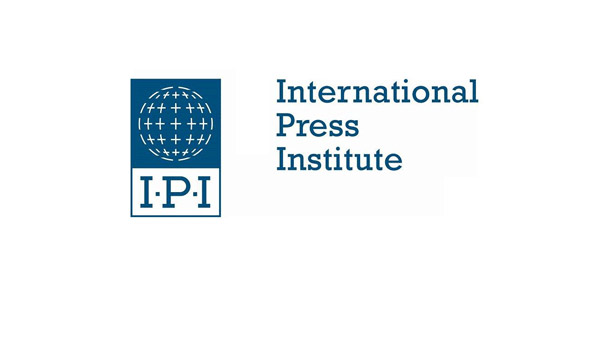
VIENNA, 11.08.2017. – IPI welcomes arrest of suspect after Bosnian columnist in hiding receives new threats over social media.
The International Press Institute (IPI) today joined local groups in South East Europe in welcoming the arrest of a suspect following a new online death threat directed at a Bosnian journalist, but urged Bosnian authorities to step up efforts to protect journalist safety.
Dragan Bursać, a columnist for Al Jazeera Balkans (AJB) and the Bosnian news portal BUKA, was targeted on Facebook shortly after AJB’s publication Sunday of the article “I was silent while Bihać was killed” in which Bursać discussed the siege of Bihać in northwestern Bosnia during the Bosnian War. A Facebook user reportedly wrote to Bursać: “you will not hold your head on your shoulders, I can promise you that”.
The Western Balkan’s Regional Platform for Advocating Media Freedom and Journalists’ Safety reported this week that authorities in Republika Srpska, a constituent part of Bosnia and Herzegovina, had arrested a person believed to be responsible for the threat.
The Regional Platform has recorded several death threats over the past year against Bursać, who was forced to flee the city of Banja Luka in July out of fear for his safety. Moreover, in the first seven months of 2017, the group documented 58 cases of direct pressure, verbal threats and physical attacks on journalists in its regional database, 12 of which occurred in Bosnia and Herzegovina.
“Attacking journalists is an attack on freedom of speech and reporting,” the group said on Wednesday, and expressed concern to IPI over “widespread attacks targeting journalists” in Bosnia.
Marko Divković, president of the Bosnia and Herzegovina Journalists Association, commentedthat the repeated threats against Bursać were “proof that free and public opinion, in contrast to official attitudes, is not allowed or welcome”. The threats made over publicly expressed opinions, he added, “require urgent and decisive measures of the judicial authorities and institutions.”
IPI Deputy Director Scott Griffen echoed the concerns of local and regional groups.
“The authorities in Bosnia and Herzegovina have a obligation to ensure that threats of violence against journalists are dealt with quickly, and that those responsible are held to account,” he said. “While this week’s arrest to would appear to signal welcome progress, it represents only the beginning. There must be a credible prosecution in this case, as well as investigations into all other instances in which Dragan Bursać and other journalists in Bosnia and Herzegovina have been threatened.”
Previously, Bursać was threatened over a piece published on July 8, 2017 entitled “Is Banja Luka Celebrating Srebrenica Genocide?”, in which he condemned a gathering in the city by supporters of former military commander Ratko Mladić, who stands accused of war crimes, crimes against humanity and genocide before the International Criminal Tribunal for the former Yugoslavia (ICTY). As a result of numerous threats that followed the article, Bursać left Banja Luka out of fear for his safety. No individuals have been arrested in that case.
“I received explicit threats via social networks, detailing what they would do to me and my family,” Bursać told the Balkan Investigative Reporting Network (BIRN). Bursać said his fleeing the city was an “example of worsening plight of journalists in Bosnia and Herzegovina”.
He added: “If you are reporting on culture, concerts, festivals, you are wonderful, but if you peek into the pockets of politicians and tycoons, and refuse to uphold fascism, then you receive death threats.”